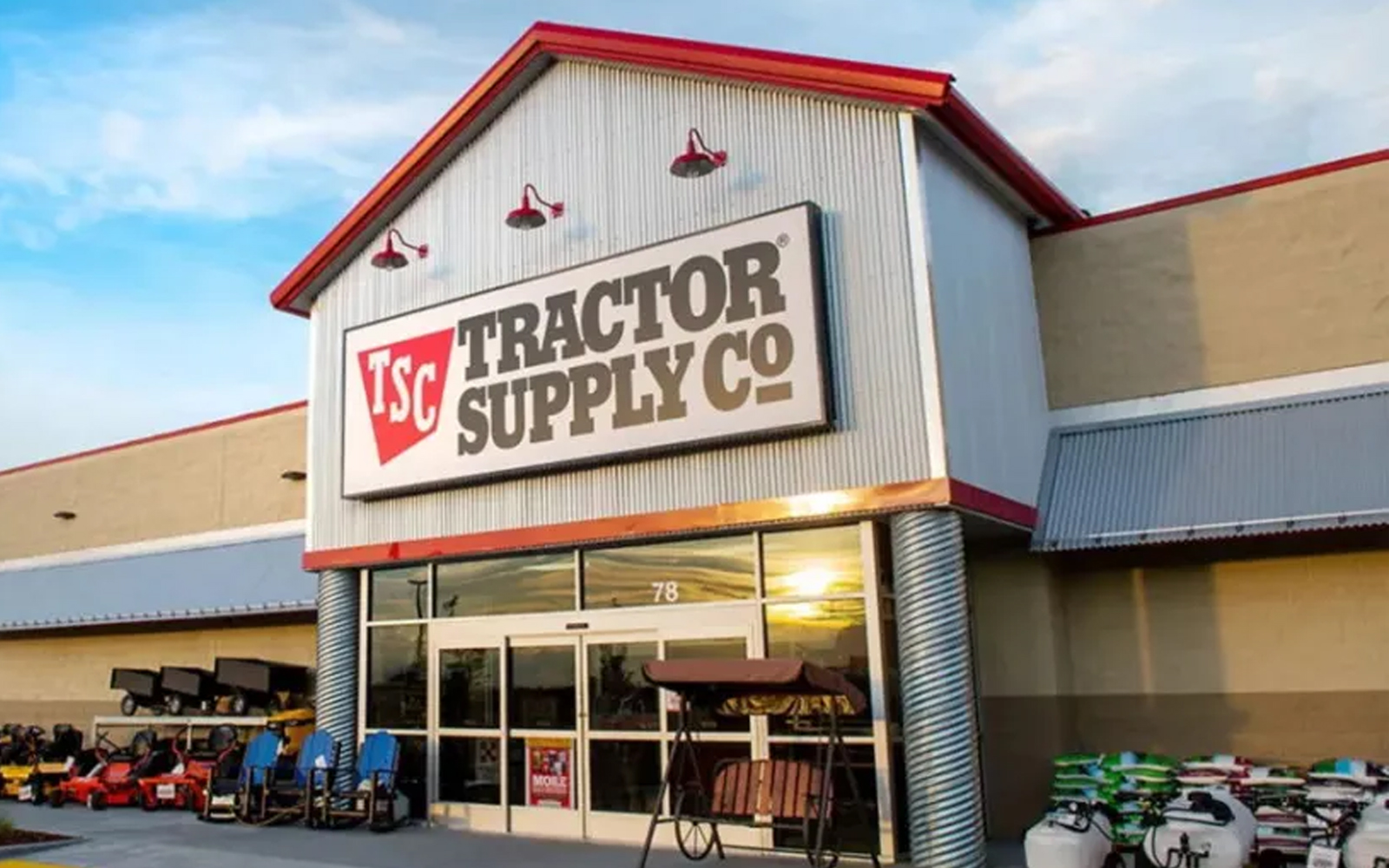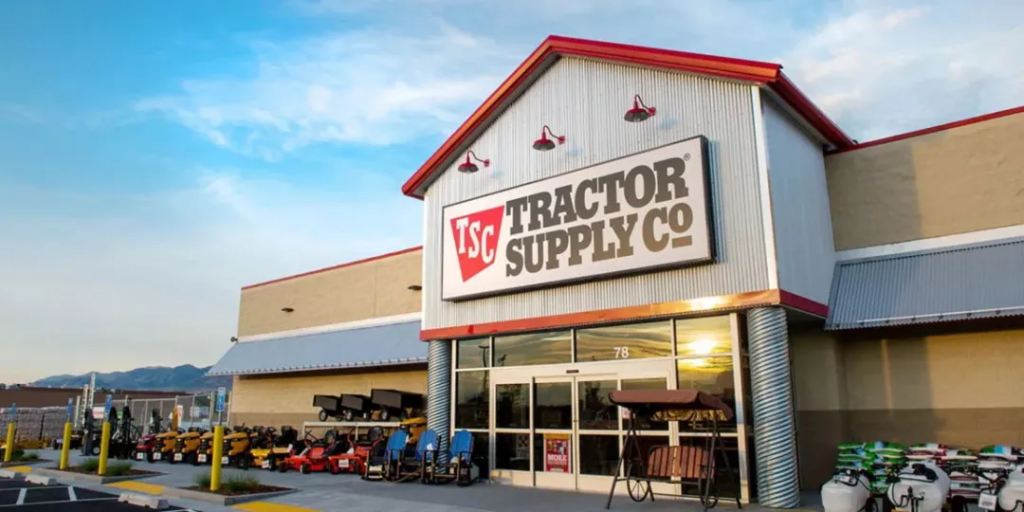
Tractor Supply Co (TSC) continues its robust performance, reporting a 3% increase in net sales to $3.39 billion in the first quarter. Despite facing challenges such as slowing growth in key categories and subdued discretionary spending, TSC remains optimistic about its long-term prospects. The company plans to open 80 new stores this year, including 10 to 15 new Petsense stores, and continues its store renovation efforts. CEO Hal Lawton noted positive signs in market share growth and transaction strength in the first quarter, with no significant downward pressure from inflation. However, consumer spending shifts towards services remain a concern. Analysts express confidence in TSC’s long-term outlook due to its essential product categories and growth initiatives, despite challenges in certain segments like pet supplies.
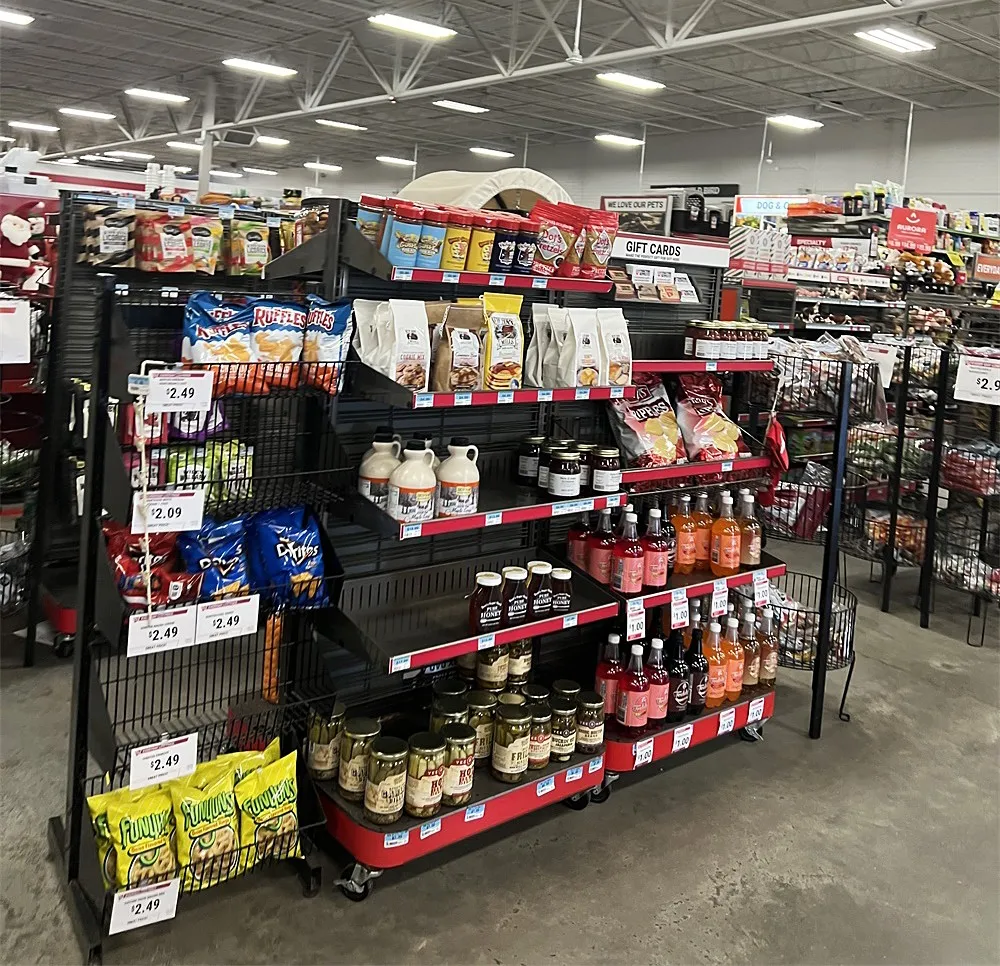
TSC’s net sales in the first quarter reached $3.39 billion, up 3% from $3.3 billion a year ago, aided by new and same-store sales growth. Gross profit increased by 4.4% to $1.22 billion from $1.17 billion in the same period last year. Operating income rose 7.6% to $263.1 million from $244.4 million in the first quarter, and net income increased by 8.2% to $198.2 million from $183 million in the first quarter. TSC maintains its full-year financial guidance, expecting net sales to be between $14.7 billion and $15.1 billion, with a sales decline of 1% to growth of 1.5%, and net income between $1.06 billion and $1.13 billion.
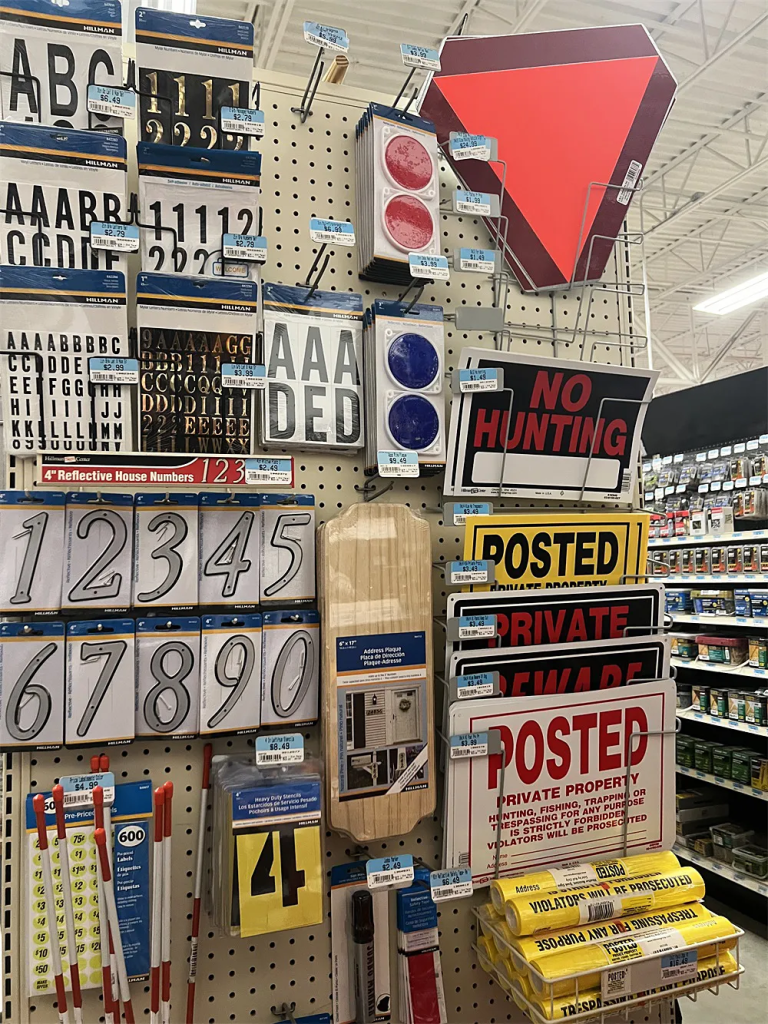
This year, TSC plans to open 80 new stores, including 10 to 15 new Petsense stores, and continues to renovate existing stores across the company. According to CEO Hal Lawton, TSC saw several positive signs in the first quarter, including continued market share growth, transaction growth, and strength in large-ticket sales. Additionally, Lawton stated that the company did not see additional downward pressure from inflation in the current environment, and the transition from an inflationary cycle to a deflationary environment is proceeding as expected. “In our view, the U.S. economy is strong, unemployment remains low, and wages are steadily increasing,” Lawton said during a call with analysts. “Despite sticky inflation, consumer spending remains robust, although there has been a slowdown in liquidity due to challenges in the real estate market. However, we continue to see significant population growth in rural markets.”
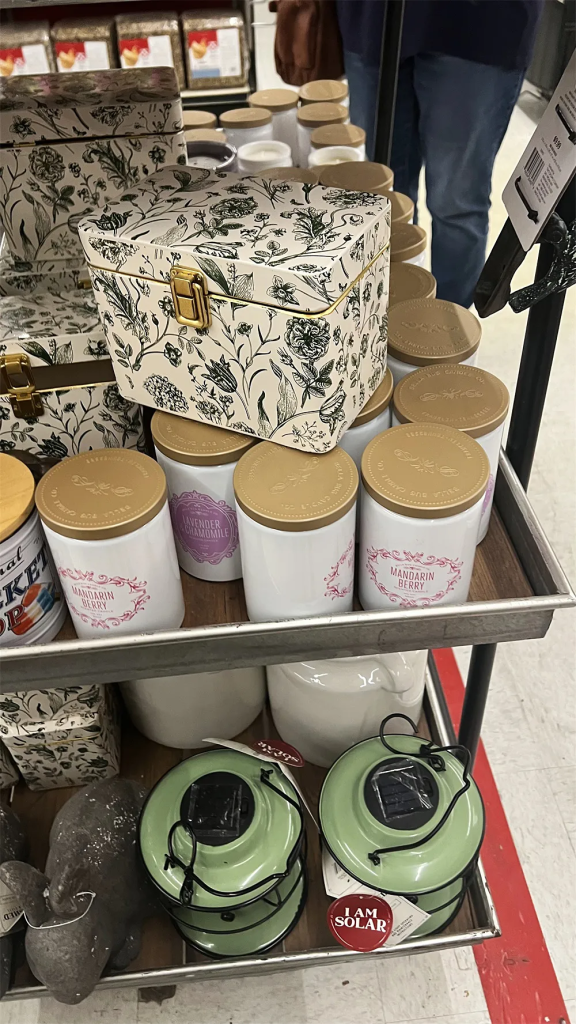
However, Lawton noted that the continued shift in consumer spending from goods to services remains a disadvantage. “In the first few months of 2024, consumer spending on services grew close to 7%, while spending on goods grew by less than 1%,” Lawton said. “As a result, the share of goods in personal consumption expenditure is now only 100 basis points higher than the pre-COVID-19 average. This gradual shift is in line with our expectations.”
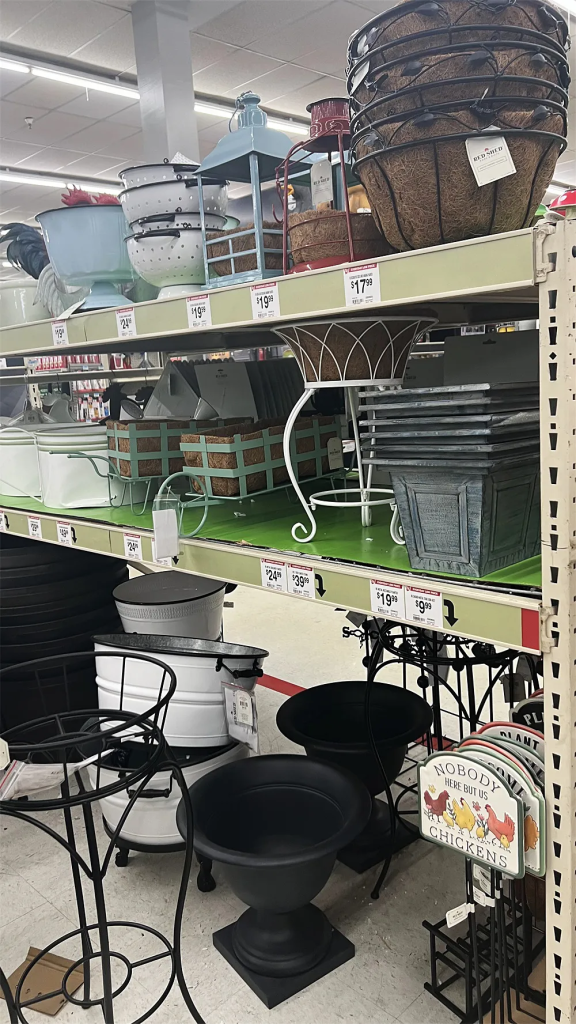
Analysts, led by Joe Feldman of Telsey Advisory Group, expressed confidence in TSC’s long-term prospects due to the company’s product categories, which include a large number of essential items (accounting for over 50% of sales), as well as robust execution and a range of growth initiatives. In addition to expanding its physical footprint, TSC’s growth plans include increasing focus on pets, expanding omnichannel capabilities, enhancing loyalty programs, and improving the supply chain. Last month, TSC improved its loyalty program by lowering reward thresholds.
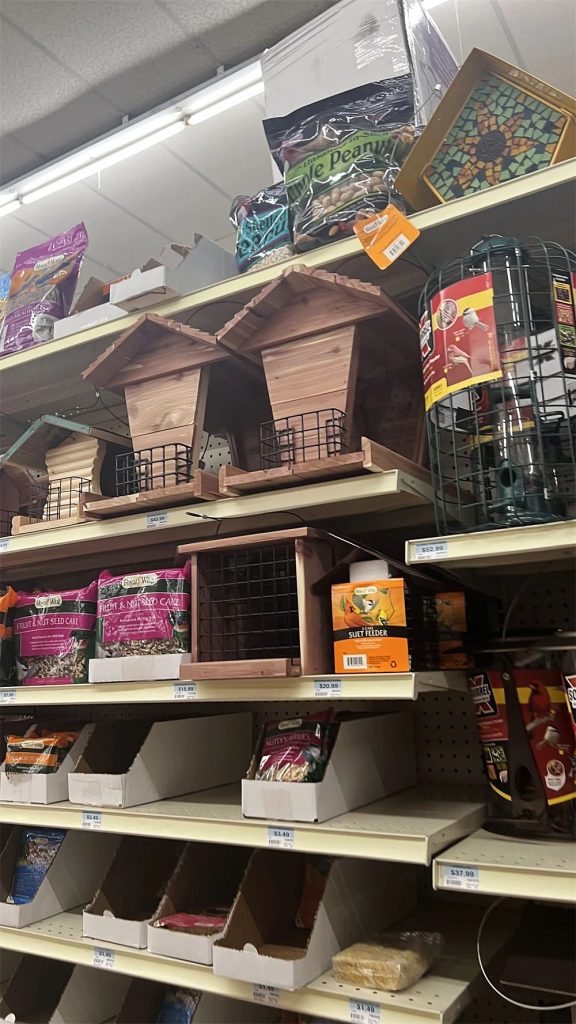
The company opened 17 new Tractor Supply stores and 4 new Petsense stores in the first quarter. Overall, TSC operates 2,233 Tractor Supply stores and 202 Petsense stores across 49 states in the United States. Additionally, the company plans to open its 10th distribution center this year, having opened its largest distribution center in Ohio last year. However, while TSC’s consumables, home, and edible categories may continue to outperform the market, Seth Basham of Wedbush, leading a report ahead of a conference call, stated that the growth rate in key categories such as pets is slowing down, accounting for about 25% of sales.
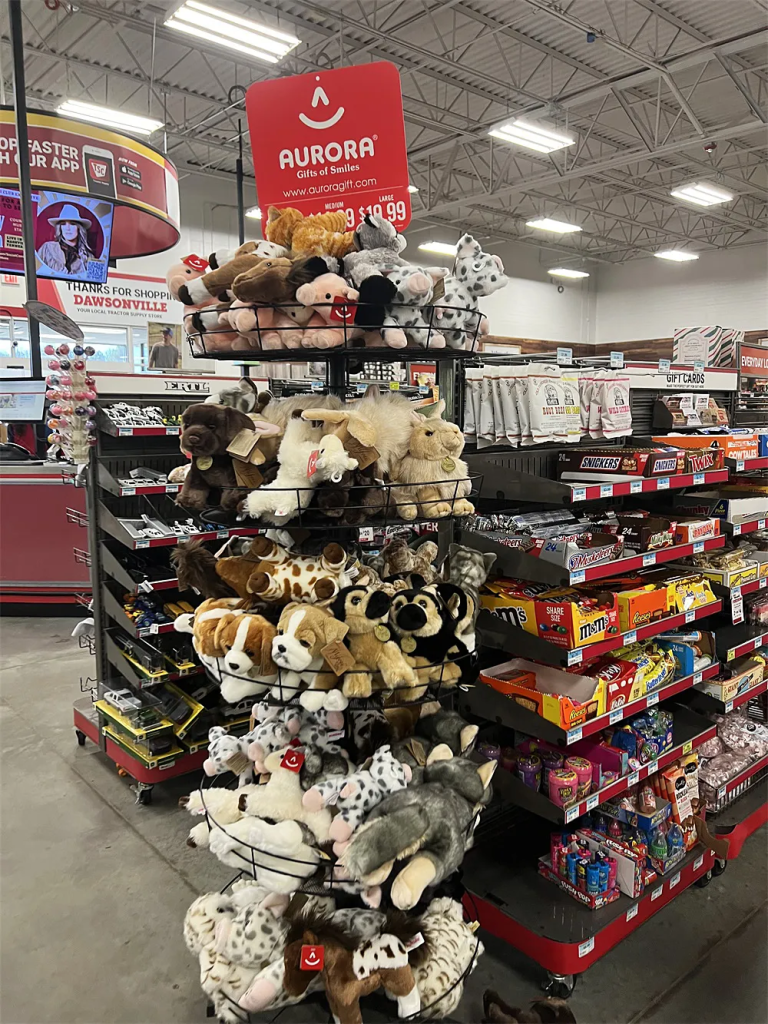
Basham stated that TSC’s sales and growth plans remain competitive drivers, but their return on investment “remains questionable.” “Meanwhile, discretionary demand remains subdued, and the improved prospects may be partially offset by rising interest rates,” Basham said. “The contribution of inflation remains small, but it may rise (in the second half of the year), with oil futures up 17% since the beginning of the year.”

